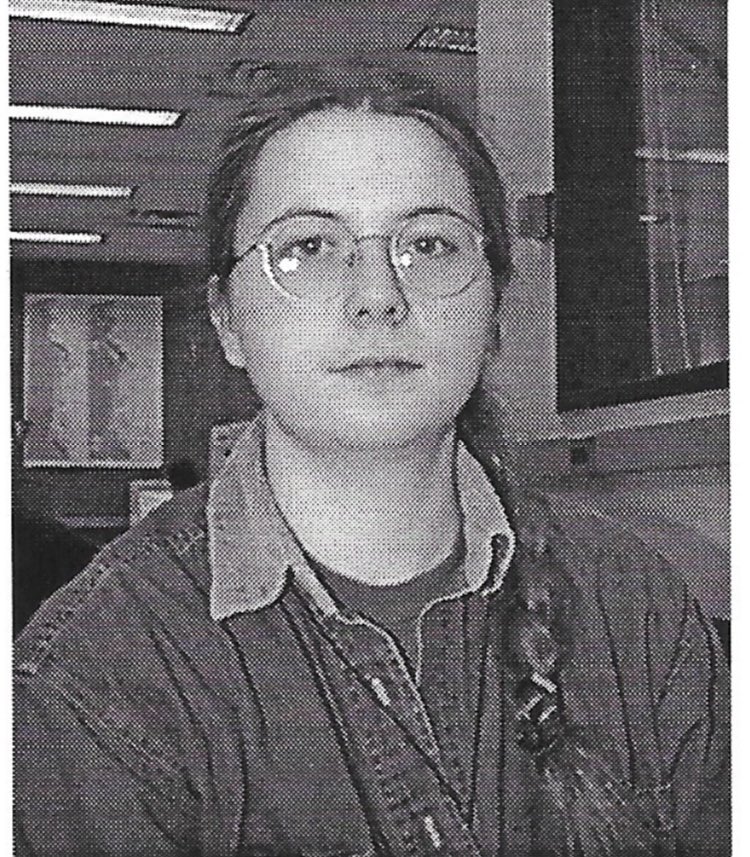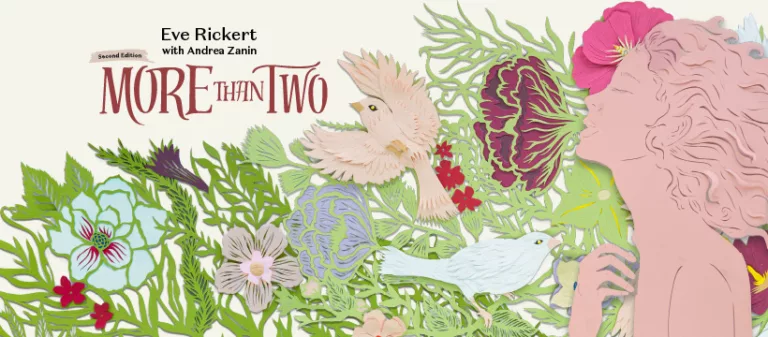I took ballet lessons for many years. In ballet, you always curtsey to your teacher on the way out and thank her for teaching you. I absorbed this habit, and in university, I always stopped on my way out of each class to thank the professor. It always seemed a little odd to me that no one else did this.
In graduate school, I took a course in non-profit management that included a module on volunteers. The module was almost entirely on ways of saying thank you. At the time, I was actually working with a team of volunteers on a project, and I started really focusing on saying thank you to them, individually. It spilled over into my everyday life. A few months later, A mentioned to me, “that course taught you how to say thank you.”
Since then, I’ve learned to make expressing appreciation an integral part of my life as much as I can. I thank people after sex, which I only recently learned may not actually be normal: I thanked a partner, and he responded with a confused, “for what?” Until that point, it hadn’t occurred to me that you might not want to thank someone for giving you pleasure. It seems kind of weird to me not to, actually.
In a hard conversation with the Doctor a couple of months ago, I cried, and he held my hand, and when he squeezed it I said thank you. Again, a confused “for what?” He was focused on the fact that he was hurting me, while I was appreciating the fact that he was being kind, and trying to comfort me. In fact, in even the hardest conversations we’ve had, the predominant feeling in the mix of emotions I’ve come away with has always been gratitude: for his time, for whatever level of trust he’s granted me, for giving me the space to authentically express my own feelings, for his acceptance in lieu of reciprocity.
I find it’s very helpful to be grateful for these little things, and to remember to say thank you for the small things people do for you. And not just for my relationships themselves. Once you start noticing these little blessings, you start seeing them everywhere. They multiply, until your life is full of them.


